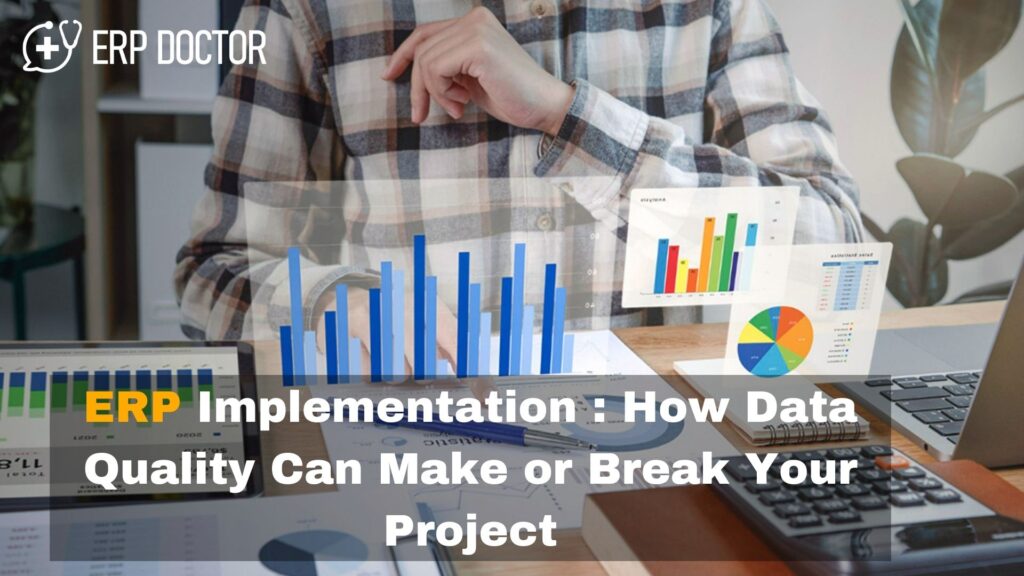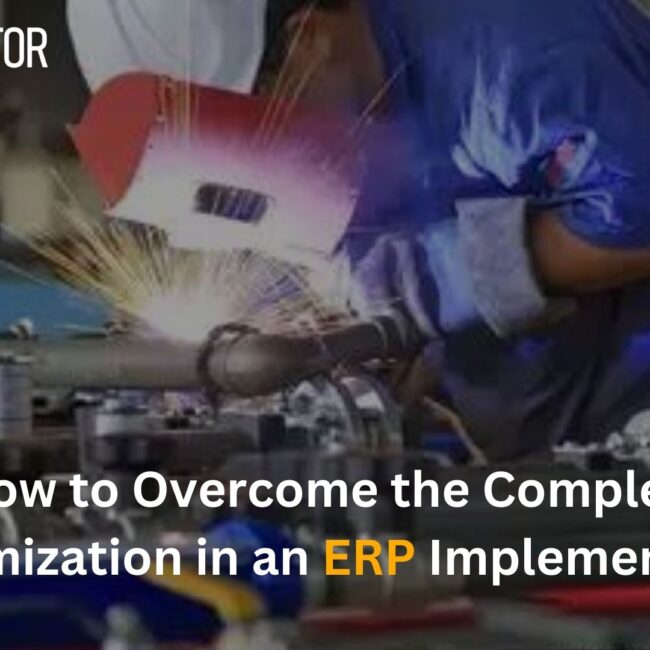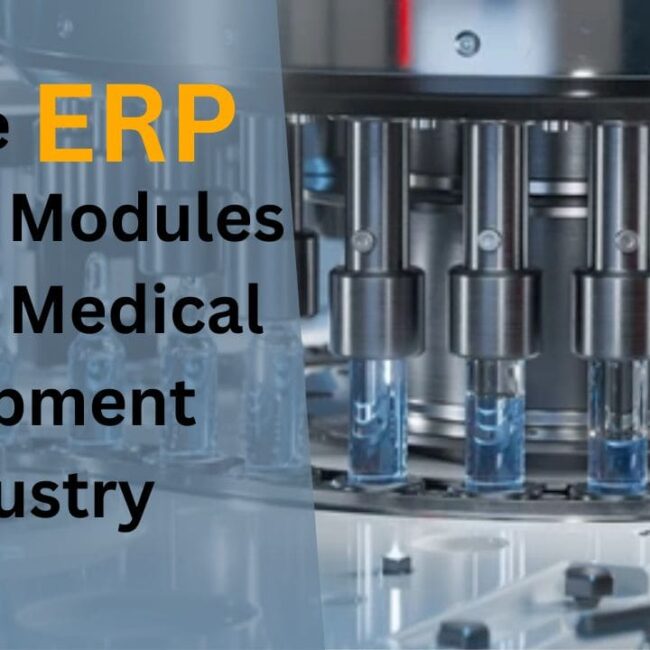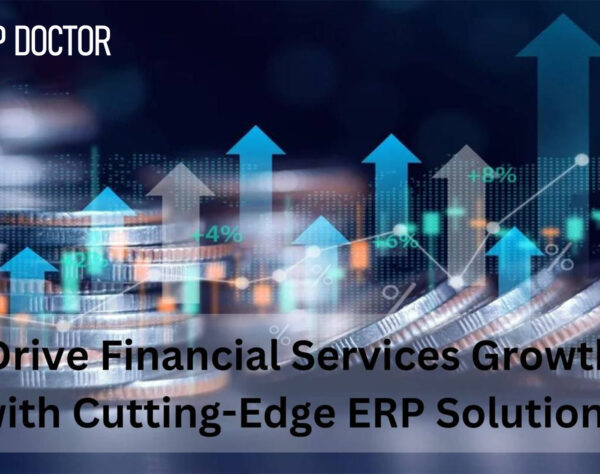
ERP Implementation : How Data Quality Can Make or Break Your Project

Garbage In, Garbage Out: Ensuring Data Quality Before ERP Migration
Implementing a new ERP (Enterprise Resource Planning) system is a significant investment for any organization. However, poor data quality can severely undermine this effort, leading to the failure of the entire project. The adage “garbage in, garbage out” perfectly encapsulates this issue. If the data being migrated into the new system is flawed, the results produced by the ERP will be equally flawed. This article explores the critical importance of data quality in ERP implementations and offers practical tips to ensure a successful migration.
The Critical Role of Data Quality
Data quality is paramount in ERP implementations. Accurate, flawless data ensures that the new system functions correctly and provides reliable insights. Conversely, poor data quality can lead to a multitude of problems, including inaccurate reporting, operational inefficiencies, and ultimately, the failure of the ERP project. It’s essential to understand that the quality of data should be impeccable to avoid the “garbage in, garbage out” scenario.
Why Poor Data Quality Leads to ERP Implementation Failures
One of the main reasons why ERP implementations fail is due to poor data quality. When legacy systems maintain outdated or incorrect data, this “garbage” is carried over into the new ERP system. Approximately 40 percent of old data is often considered irrelevant or outdated and should be discarded. Failing to filter and cleanse this data before migration can result in a new system filled with inaccuracies and redundancies.
Strategies to Ensure High-Quality Data
1. Data Cleansing Before Migration
Before migrating data to a new ERP system, it’s crucial to cleanse it. This process involves identifying and correcting errors, removing duplicate records, and ensuring that all data is accurate and up-to-date. By doing this, you ensure that only relevant and correct data is transferred to the new system.
2. Filtering Out Old Data
As mentioned, a significant portion of data in legacy systems is often outdated. During the migration process, it’s essential to filter out this old data. Only the data that is required for the new ERP system should be migrated. This reduces the risk of transferring “garbage” into the new system and helps maintain data quality.
3. Creating New Data
In some cases, it might be better to create new data rather than relying on old, potentially flawed data. This approach can be particularly useful if the existing data is severely compromised. By starting fresh, you can ensure that the data in the new ERP system is accurate and relevant.
4. Data Collection and Cleansing Independently of ERP Vendor
Another critical tip is to collect and cleanse the data independently of the ERP vendor. You don’t necessarily have to wait for the vendor to start this process. By taking proactive steps to ensure your data is clean and ready for migration, you can streamline the implementation process and avoid potential delays.
Executive Management and User Buy-In
Even with a perfect ERP system, if the data is not valid, you risk losing buy-in from executive management and users. They rely on the data for decision-making and daily operations. If they encounter poor data quality, their trust in the system erodes, leading to resistance and potential project failure. Ensuring high-quality data is, therefore, not just a technical necessity but also a strategic one to gain and maintain stakeholder support.
Data quality is a critical factor in the success of an ERP implementation. By adhering to the principle of “garbage in, garbage out,” organizations can avoid the pitfalls of poor data quality. Cleansing and filtering data before migration, creating new data when necessary, and proactively managing data collection and cleansing are vital steps to ensure that the new ERP system delivers the expected benefits. Remember, the effort invested in ensuring data quality before migration will pay off in the long run with a more reliable, efficient, and successful ERP system.
To learn more about our services, please visit us at: https://erpdoctor.in/
Embark on an inspiring journey today – Visit our website and discover a world of knowledge, creativity, and endless possibilities! Don’t miss out on exclusive content and exciting updates. Click here to explore and be part of our thriving community!







